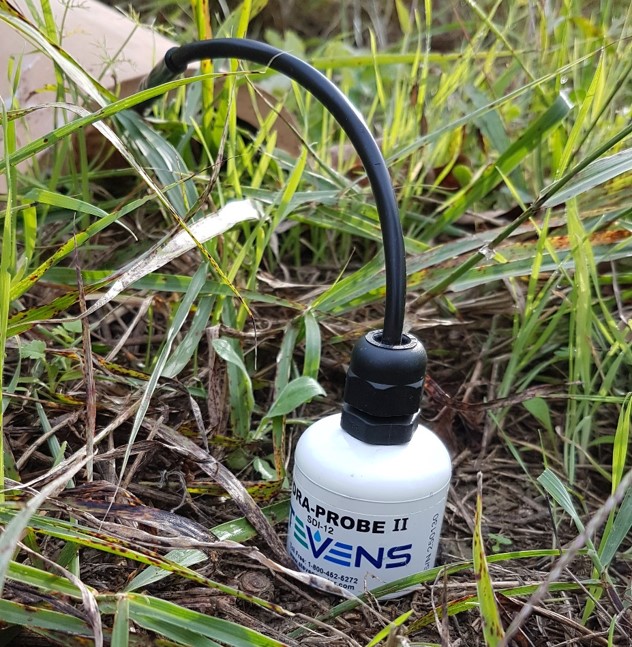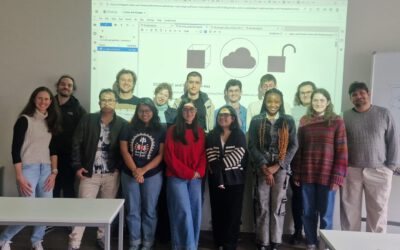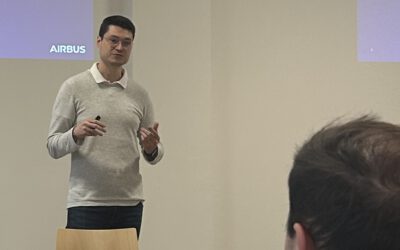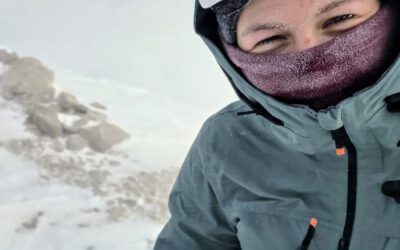Spatially explicit near-surface soil moisture (θ) patterns at high temporal resolution are essential in environmental modelling for improving risk assessment and for quantifying the effects of climatic seasonality and land use/land cover change on ecosystem services and functions in Mediterranean catchments. Remote sensing data from the European Copernicus mission are highly acknowledged to serve as fast, reliable, and available suppliers for the derivation of area wide, high grid-resolution information on near-surface soil moisture patterns acquired at a regular temporal resolution (satellite overpass is every six days). To reliably map θ from remote sensing radar (i.e., Sentinel-1) satellite products, robust calibration with gridded ground-data is needed and use of either sporadically measured or continuously monitored θ is of crucial importance for validation procedures.
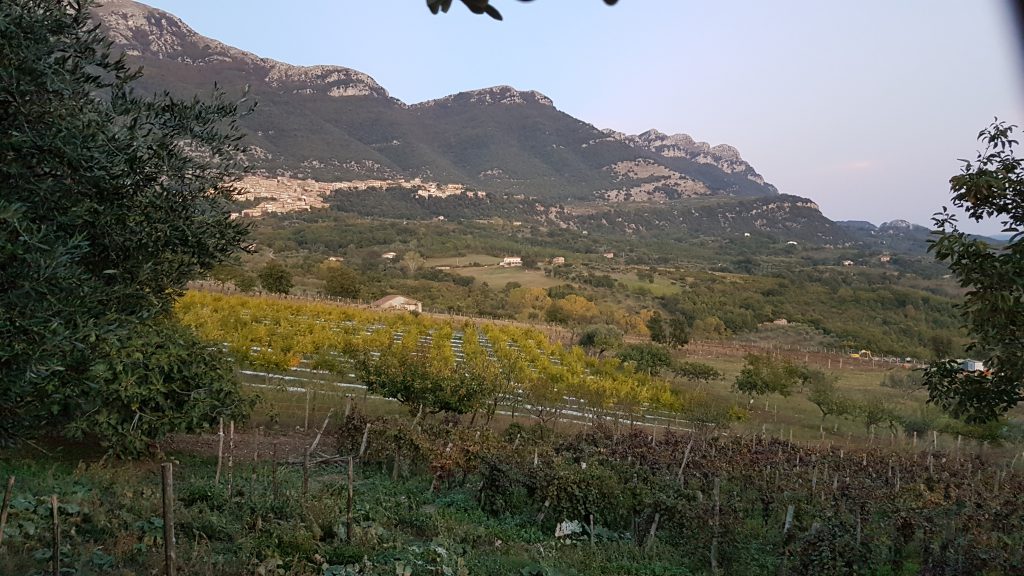
Together with partners from the Department of Agricultural Sciences (AFBE Division) at the University of Napoli Federico II (Portici, Italy), staff members from the Department of Remote Sensing at the University of Würzburg conducted a short field trip and in situ campaign at end of October 2019. Focus of sampling was on soil moisture and electrical conductivity, and intercalibration of sensors. The campaign took place in the Upper Alento River catchment in southern Italy (Salerno province).
The stay in Italy was completed with presenting first group’s results about “Remote sensing-based monitoring of soil moisture in a small-scale agricultural catchment” at the IEEE workshop on “Metrology for Agriculture and Forestry” in Portici.

